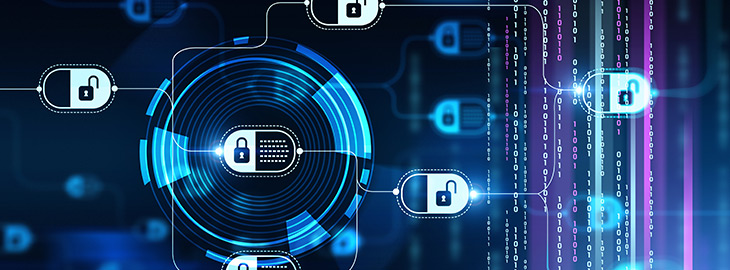Tech Insights: Apple vs. Competition
Explore the latest developments and comparisons between Apple and its rivals.
Cybersecurity Jargon: Decoding Tech Speak for the Average Joe
Unlock the secrets of cybersecurity with our easy guide! Ditch the jargon and understand tech speak like a pro. Dive in today!
What is Phishing and How Can You Protect Yourself?
Phishing is a fraudulent attempt to obtain sensitive information such as usernames, passwords, and credit card details by disguising oneself as a trustworthy entity in electronic communications. Typically delivered through email, social media, or text messages, phishing schemes often create a sense of urgency or fear, prompting individuals to click on malicious links or provide personal information. Recognizing the signs of phishing is crucial to safeguarding your data. Look out for unusual sender addresses, generic greetings, and spelling errors, as these can be indicators of a scam.
To protect yourself from phishing attacks, follow these essential tips:
- Be cautious with email links: Always hover over hyperlinks to see the actual URL before clicking.
- Use multi-factor authentication: Enabling this extra security layer can help prevent unauthorized access even if your credentials are compromised.
- Keep software updated: Regular updates to your operating system and antivirus software help protect against vulnerabilities.
- Educate yourself: Stay informed about the latest phishing techniques and share this knowledge with friends and family.

A Beginner's Guide to firewalls: What You Need to Know
In today's digital landscape, understanding the fundamentals of firewalls is essential for anyone looking to protect their personal or business information. A firewall acts as a barrier between your internal network and the external world, controlling incoming and outgoing traffic based on predefined security rules. By filtering the data that travels across your network, firewalls help to prevent unauthorized access and cyber threats. If you're a beginner, here are some key concepts to get you started:
- Types of Firewalls: There are various types of firewalls, including hardware firewalls, software firewalls, and cloud firewalls. Each serves a specific function in network protection.
- Functionality: Firewalls work by examining packets of data to determine whether they should be allowed through or blocked based on your security settings.
When setting up a firewall, it’s vital to configure it properly to ensure maximum security. This involves creating rules that define which traffic is permitted and which is restricted. You should also regularly update your firewall settings to adapt to new threats and ensure that you're using the latest security protocols. Remember, a firewall is not a standalone solution; it should be part of a comprehensive security strategy that includes antivirus software, regular system updates, and user education. To summarize, here are three essential tips:
- Know Your Needs: Assess what you need your firewall to protect.
- Regularly Update: Keep your firewall and related security measures updated.
- Educate Yourself and Others: Stay informed about potential threats and best practices in cybersecurity.
Understanding VPNs: Why They Matter for Your Online Security
Virtual Private Networks (VPNs) are essential tools in today's digital landscape, providing users with enhanced privacy and security. By creating a secure tunnel between your device and the internet, a VPN encrypts your data, making it nearly impossible for hackers or potential eavesdroppers to intercept. In an age where cyber threats are becoming increasingly sophisticated, understanding how VPNs work can help individuals safeguard their personal information, such as passwords and financial details, from malicious actors.
Moreover, VPNs allow users to browse the internet anonymously. By masking your IP address and routing your internet connection through a server in a different location, a VPN enables you to access content restricted in your region, thus offering greater freedom online. This not only enhances your online security but also provides an opportunity to enjoy a more open and unrestricted internet experience.